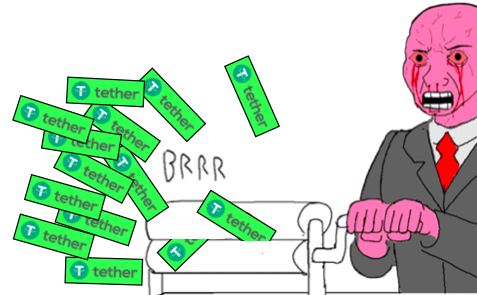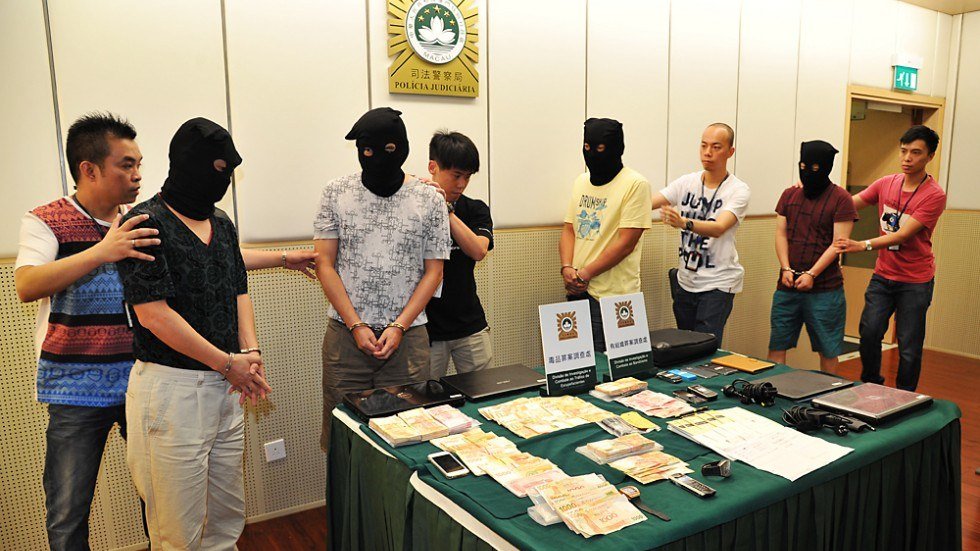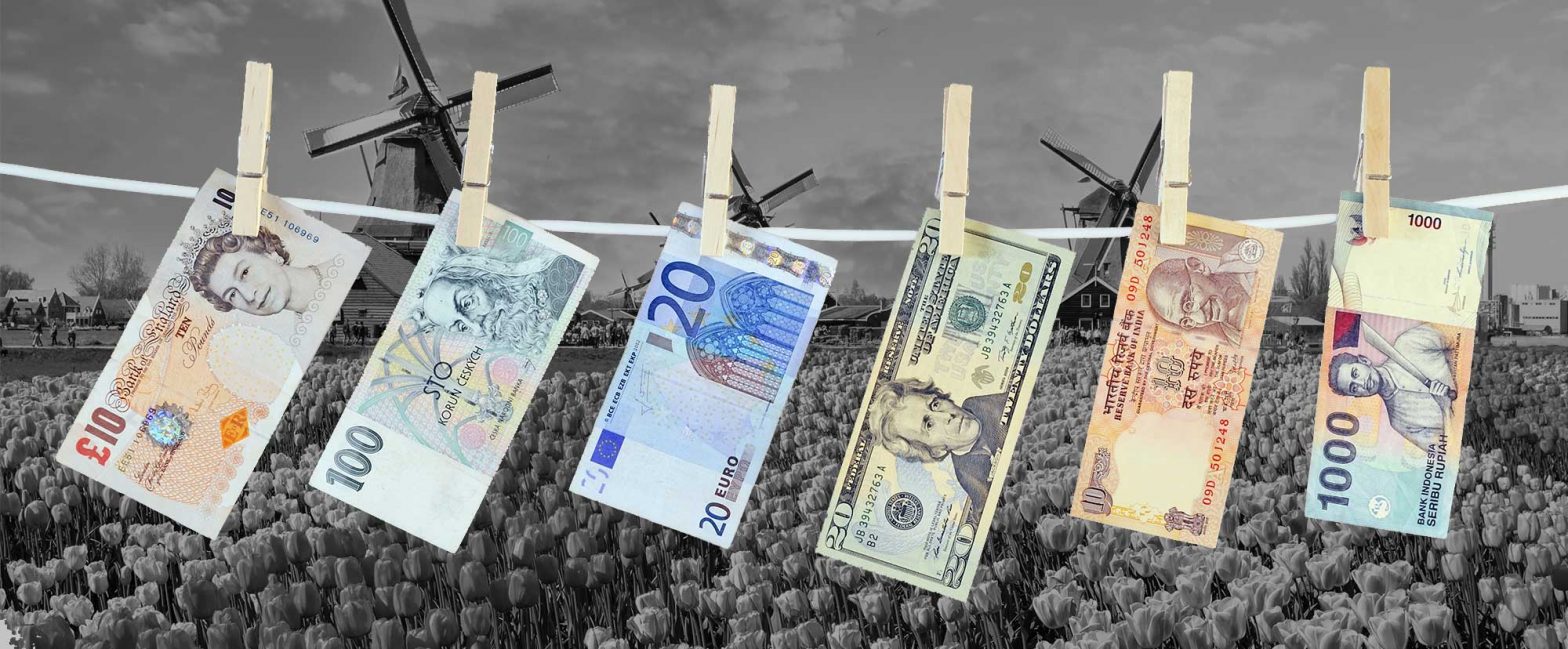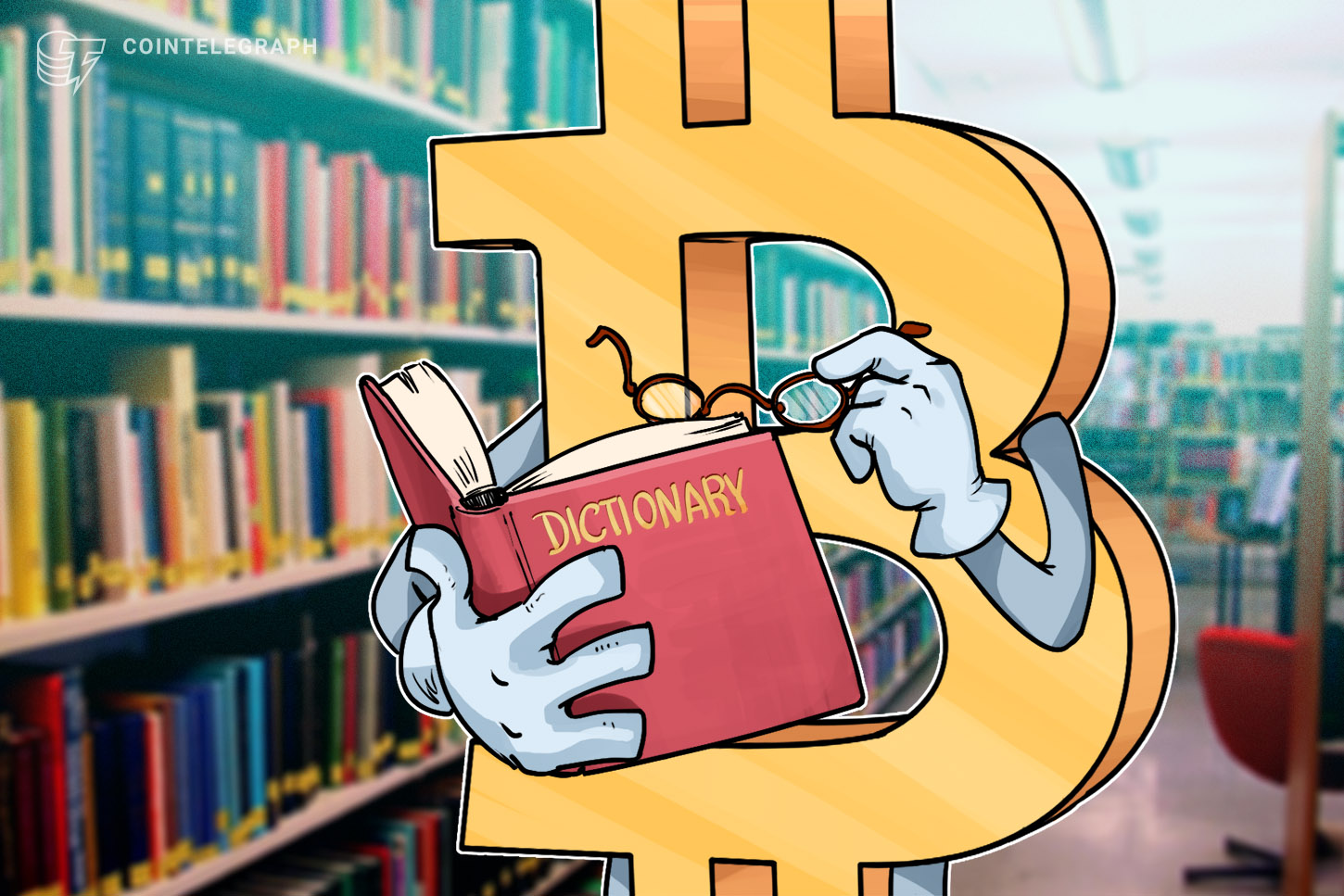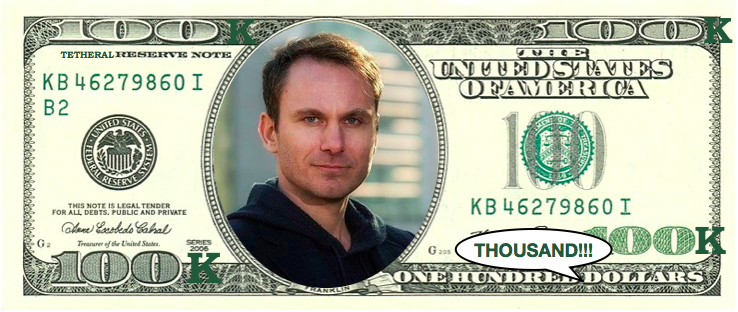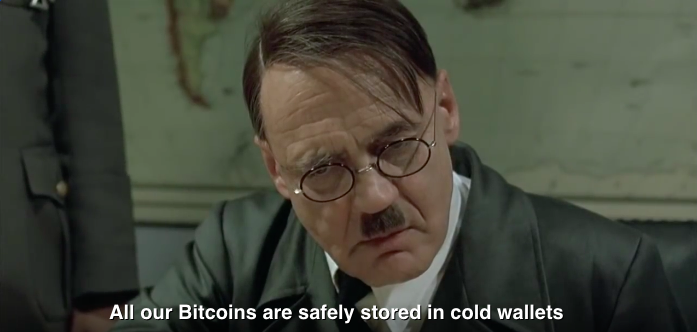In March 2020, unregulated crypto exchanges, led by Binance, switched to USDT as collateral for margin trading. This has led to a progressive release of around 1 million Bitcoins previously locked as collateral. The fact these newly available Bitcoins didn’t crash the price only makes sense if Tether scooped them up and is now holding them as reserves.
Continue reading “The Great Tether / Bitcoin Collateral Flippening”The Great Tether / Bitcoin Collateral Flippening
Editor's picks
- Non Gamstop Casino
- Casino Not On Gamstop
- Migliori Siti Casino Online
- Siti Casino Non Aams
- Casino Non Aams
- Gambling Sites Not On Gamstop
- Casino Italiani Non Aams
- UK Online Casinos Not On Gamstop
- Non Gamstop Casino Sites UK
- Casino En Ligne
- Non Gamstop Casino UK
- Casino En Ligne Fiable
- Sites Not On Gamstop
- Casinos Not On Gamstop
- Non Gamstop Casino UK
- Non Gamstop Casino
- Migliori Casino Non Aams
- Siti Casino Online Non Aams
- UK Casino Not On Gamstop
- Meilleur Casino En Ligne
- Non Gamstop Casino UK
- Slots Not On Gamstop
- Betting Site
- UK Casino Not On Gamstop
- Casinos Not On Gamstop
- Lista Casino Online Non Aams
- Crypto Casino
- Meilleur Casino En Ligne Français
- Nouveau Casino En Ligne Belgie
- Paris Sportif Ufc
- 出金が早い オンラインカジノ
- KYC 없는 카지노
- казино з хорошою віддачею
- Casino En Ligne Fiable
- Siti Non Aams Sicuri
- Top Casino En Ligne
- Casino En Ligne Retrait Immédiat
- Meilleur Nouveau Casino En Ligne
- Casino En Ligne Fiable

